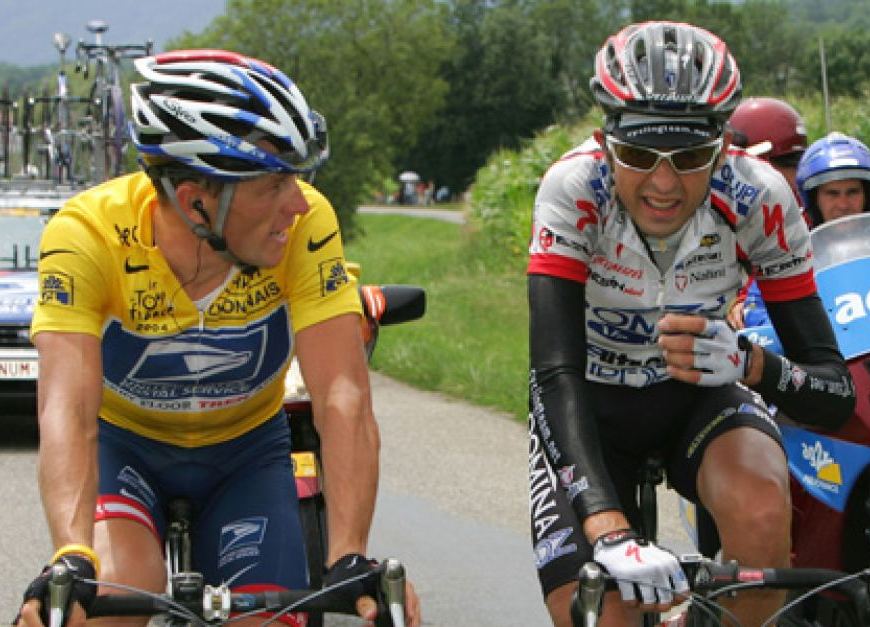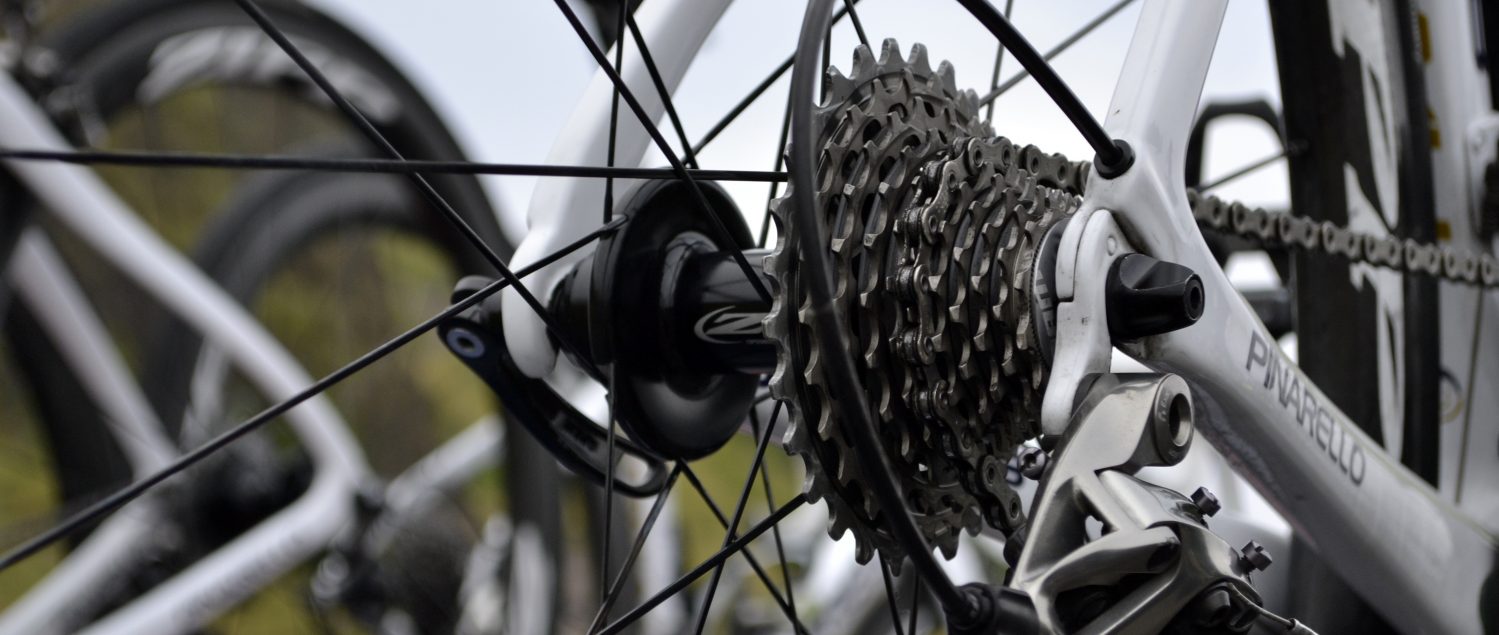
Tour de Past, Stage 18. 2004, The Omerta Stage.
Stage 18 of the 2004 Tour de France between Annemasse and Lons-le-Saunier should have been a routine day. It was sandwiched in between the final mountain stage and the penultimate day’s time trial, the wearer of the yellow jersey Lance Armstrong had a good four minute lead over Ivan Basso and the terrain was hilly. You wouldn’t have got very good odds on there being a breakaway and the GC men staying quiet before rolling in together at the finish. However, the day ended up becoming the definition of the omerta which helped keep the ‘EPO era’ running.
The inevitable breakaway was established early on in the day and contained six riders. As the gap grew the Italian rider Filippo Simeoni decided that he wanted a piece of the action and broke from the peloton and started bridging over to the group. Bizarrely though so did Lance Armstrong. The two eventually made it up to the head of the race but once Armstrong started taking turns the peloton, lead by T-Mobile, started the chase. They couldn’t let Armstrong gain more time so it seemed that the breakaway was doomed. Soon Armstrong and Simeoni started arguing and Vicente Garcia Acosta, who was in the original break, joined in the heated discussion. The upshot of the debate was that Armstrong and Simeoni dropped away from the break to rejoin the peloton and the attackers were allowed to go off and contest the stage win.
What was all that about then? It was explained by many at the time as the consequence of a long term rift between two men. Filippo Simeoni had testified in a court case against Dr Michele Ferrari in 2002 where the ‘infamous doctor’ was defending a charge of sporting fraud ans the abuse of the position of pharmacist. During the trial Simeoni confessed that Ferrari prescribed him with products such as EPO and Human Growth Hormone while he was in his care.
Continue reading “Tour de Past, Stage 18. 2004, The Omerta Stage.”
